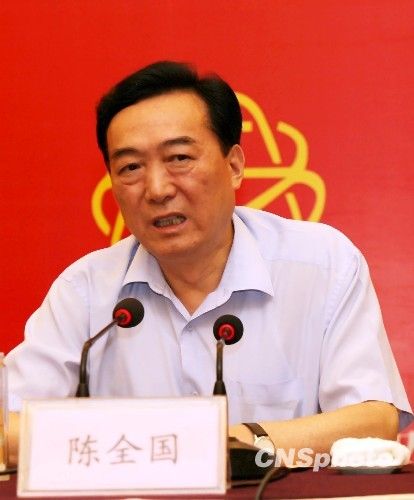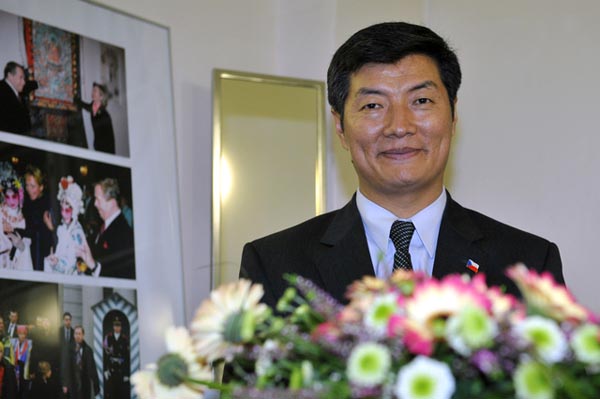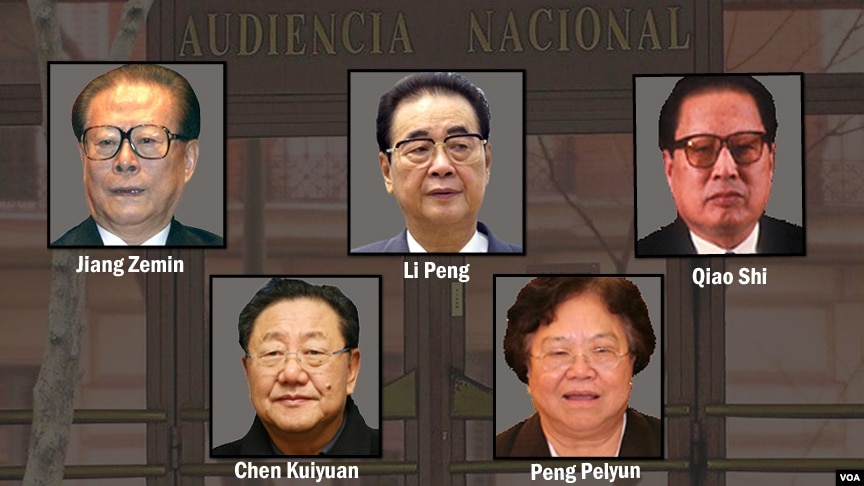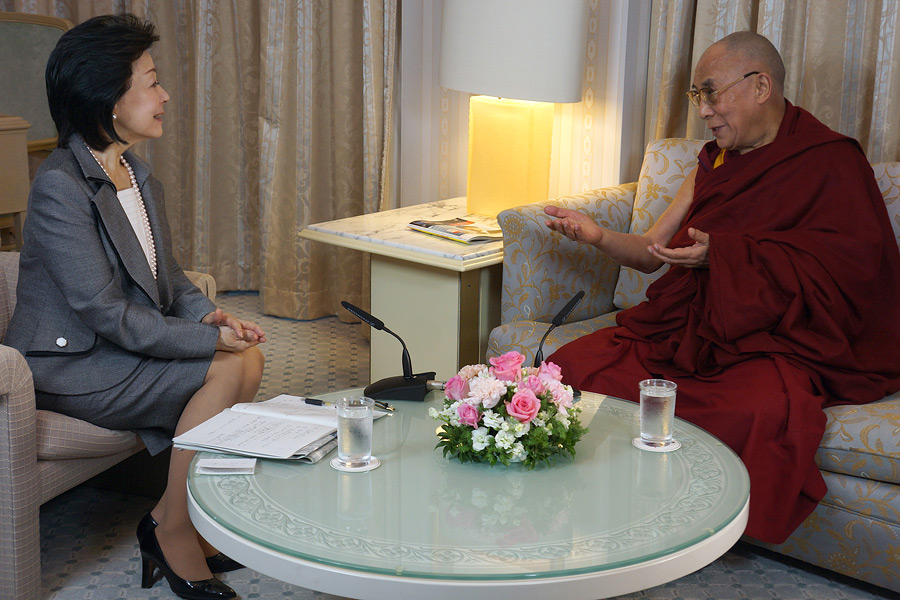Recently, just prior to the Third Plenum, Chen Quanguo, the current Party Secretary of the Tibetan Autonomous Region (TAR), published an article in Qiushi (“Seeking Truth”) titled ‘Ensuring the Security of Tibet’s Ideological Realm with the Spirit of Daring to Show the Sword’. He pledges to “thoroughly carry out the educational activities of comparing old Tibet with the New Tibet, instructing people of various ethnic groups to be grateful to the Party, listen to the Party and follow the Party”. Ironically, he is expressing the kind of imperialist mentality that the Communist Party criticizes and claims to fight against.
In dealing with Tibetans, he vows to “educate and guide cadres and ordinary people of various ethnic groups to separate Tibetan Buddhism from the fourteenth Dalai Lama, and separate the fourteenth Dalai Lama from the title of Dalai Lama…”.
This statement shows that after 60 years of rule in Tibet, some CCP leaders are yet to understand Tibet’s intrinsic spiritual and cultural aspects. Tibetans believe His Holiness the Dalai Lama is the manifestation of Avalokiteshvara (the Buddha of Compassion). This reverence exceeds any political leverage and is not born out of greatness of the title, but the greatness of the person. It represents the Tibetans’ active participation in serving the sacred duties of His Holiness the Dalai Lama. This act of service is at the center of the Mahayana tradition of Buddhism, which predates the Communist Party in China , as well as the Marxist ideology. During the last few decades, His Holiness the Dalai Lama has been proposing dialogue with the Chinese communist leaders, in order to find a mutually beneficial solution. Along with the Tibetan people, he has peacefully sought genuine autonomy for Tibet within the scope of the constitution of the People’s Republic of China, while advising against violence that drive other movements to militant struggles worldwide.
However, Chen Quanguo’s article will further antagonize Tibetans in Tibet. This is because his article disregards Tibetan values and imposes his perceived superior ideology. Such leftist opportunism played out in Tibet will derail any lofty proclamation like ‘Chinese Dream’.
Chen Quanguo’s hardline pronouncement on Tibet are encouraged by two main reasons. One is the example shown by Hu Jintao who was catapulted from Party Secretary in TAR to the highest position in China after series of violent repression carried inside Tibet in late 80s.
More than often, Party’s hardline mood in Beijing overdrives local leaders into employing repressive means. Last April, the Central Committee of the Communist Party’s General office in China circulated a confidential memo to its Party leaders, now leaked and known as Document 9. The document details “Noteworthy Problems Related to the Current State of the Ideological Sphere” and aims to impose a “unwavering adherence to the principle of the Party’s control of media”.
The document calls on Communist leaders to ”persist in correct guidance of public opinion, insisting that the correct political orientation suffuse every domain and process in political engagement, form, substance, and technology”. It lists seven perils that could unsettle the Communist Party monopoly in China and directs its cadres to engage in an “intense struggle” against constitutional democracy, civil society, “nihilistic” views of history, “universal values,” and the promotion of “the West’s view of media”, among others. Such a hardline tendency will empower provincial leaders to carry out unwarranted repression of ethnic groups who have different values and views than the Communist Party. For instance, in Tawu (Ch. Daofu), Yulshul (Ch. Yushu) in eastern Tibet and Driru (Ch. Biru) under TAR earlier this year, local People’s Armed Police had their hands free to violently suppress Tibetans without slightest provocation. This was obviously encouraged by the mood in Beijing.
Chinese leaders in Beijing should be mindful of the implications of such policies in Tibet. His Holiness the Dalai Lama is the most authoritative person for Tibetans, with a reconciliatory intent and a path to solve the issue of Tibet. He is constantly guiding Tibetans towards nonviolence and compassion. Tibetans inside Tibet risk grave punitive actions by the police just in order to procure his portrait. In light of such conducive factors, the failure to reach a peaceful resolution to the Tibetan issue while the 14th Dalai Lama is healthy and active would be a devastating mistake on the part of contemporary Chinese leadership.






 Urgyen Trinley urged India to voice its concerns over Chinese development activities in his Himalayan home country.
Urgyen Trinley urged India to voice its concerns over Chinese development activities in his Himalayan home country.
 Residents of two more Tibetan-populated counties in Chinese provinces are refusing orders to fly China’s national flag from their homes, as authorities continue to press a campaign of forced displays of loyalty to the Chinese state, sources in the region say.
Residents of two more Tibetan-populated counties in Chinese provinces are refusing orders to fly China’s national flag from their homes, as authorities continue to press a campaign of forced displays of loyalty to the Chinese state, sources in the region say.

 By Fred Hiatt, BEIJING
By Fred Hiatt, BEIJING
